Five unexpected things I’ve learned from working with a coach for the first time
After a decade of racing, I hired my first coach. Here's what happened next
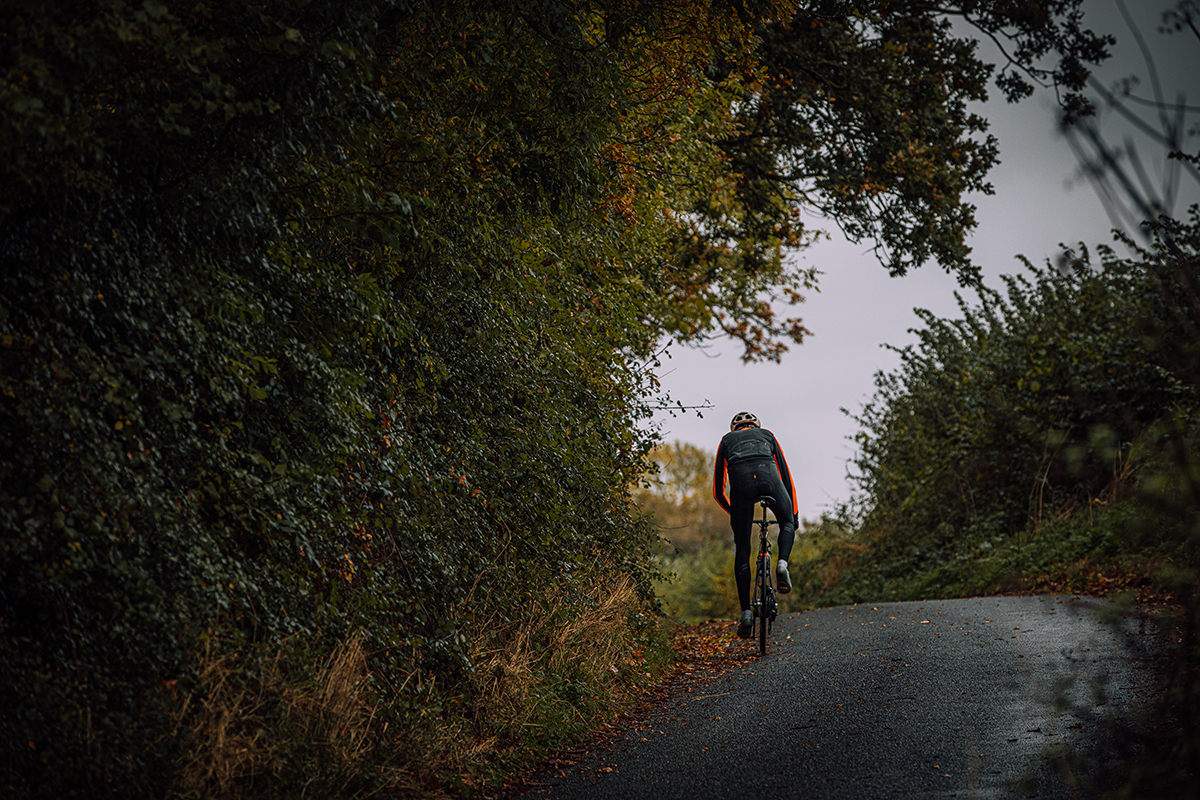
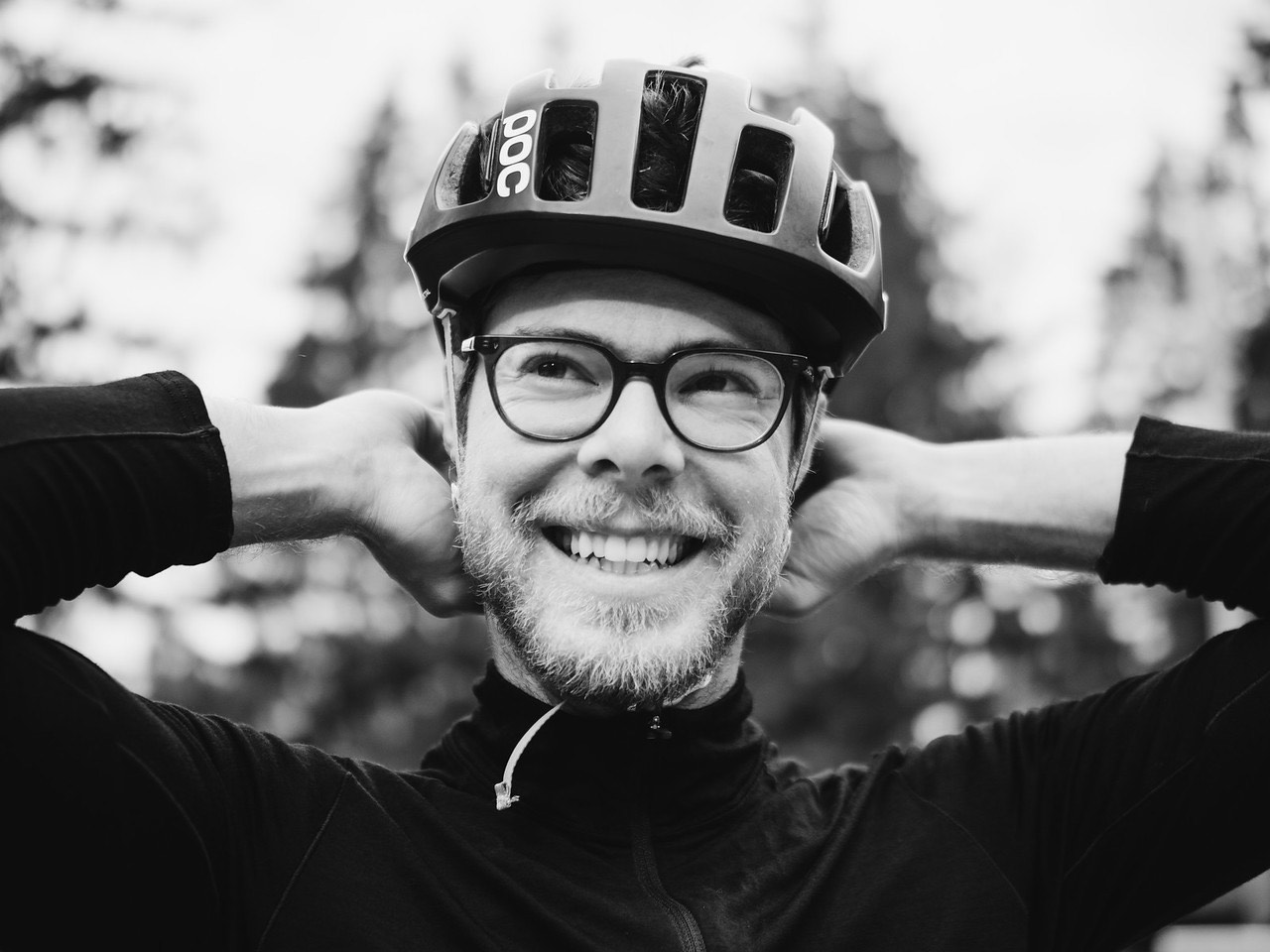
Finding a cycling coach was an eye-opening experience for me—I’ve had good results in the past but have never had such a consistently strong race season before. Working with a coach also made me approach other areas of my preparation more seriously, like fueling and strength work, which had a big impact on my results.
I’ve been racing bicycles for more than half my life, but I’ve never had a cycling coach before. This year, I decided I wanted to go all-in for cyclocross season and asked my friend Brandon Camarda, a former strength and conditioning coach and a very strong rider, if he would be willing to coach me via TrainingPeaks.
My primary focus was ‘cross season for a few reasons: the short, intense races are dynamic and challenging, and with young children at home and a variable schedule it’s much easier to train for this type of effort than the long hours needed to be competitive in road races. It’s also a lot more fun to bring my family along to a park on a pleasant fall Sunday for a race than it is to drag them out to the middle of nowhere on a rainy spring day to watch me zoom by in a peloton.
Brandon worked with me for the majority of 2023, targeting the Belgian Waffle Ride on Vancouver Island in Canada [I finished in the Top 10 in the middle distance Wafer event], racing a Tracksmith Twilight 5k running race for fun [I got close to my best cross-country times from high school when I was actually running regularly] and racing cyclocross in the Seattle area [I raced a total of 10 races as part of two different local series].
In 11 years of racing ‘cross, it was far and away my most successful season, with multiple wins, podiums and an overall series title. Now that the season is over and I’ve had a chance to reflect a bit, I thought I’d share a few of the things I learned from the process.
1. Your training is only as good as your fueling
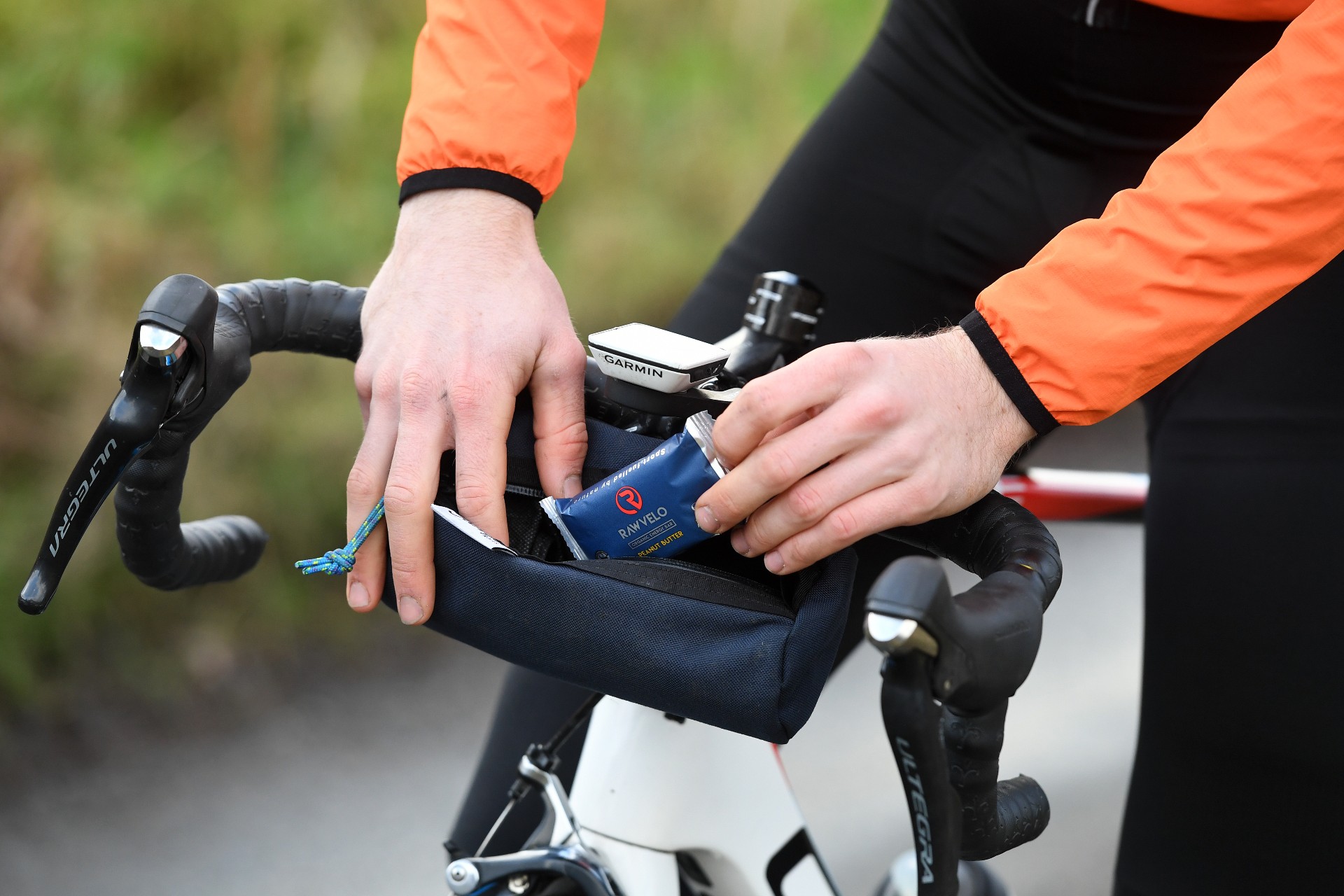
It doesn’t matter how hard you try, if you haven’t eaten the right things at the right times, you’re not going to perform. Having a training plan laid out for me each week made me consider how to fuel for the entire training load. If, for example, I had hard efforts scheduled for the next day, then then I made sure to eat some protein immediately after my ride and also eat more at dinner to be adequately fueled for the next day.
Training hard week in and week out also meant I needed to step up my fueling on the bike: it’s just not possible to keep up by only eating before and after workouts and haphazard fueling leads to haphazard legs. I practiced eating more on the bike and doing hard efforts with more calories in my stomach to adapt to the increased demands of the training. This meant that on race days, I could handle eating more without issue, which translated to feeling stronger later in the race and being able to capitalize on other riders’ fatigue.
Get The Leadout Newsletter
The latest race content, interviews, features, reviews and expert buying guides, direct to your inbox!
With practice, I got much better at timing my caloric intake around my ride schedule (how much I ate and when I ate it), and was able to train harder as a result. I also kept close track of what I was eating on race days so that I could replicate it each week which helped me perform more consistently.
2. A good coach reduces stress, not adds to it
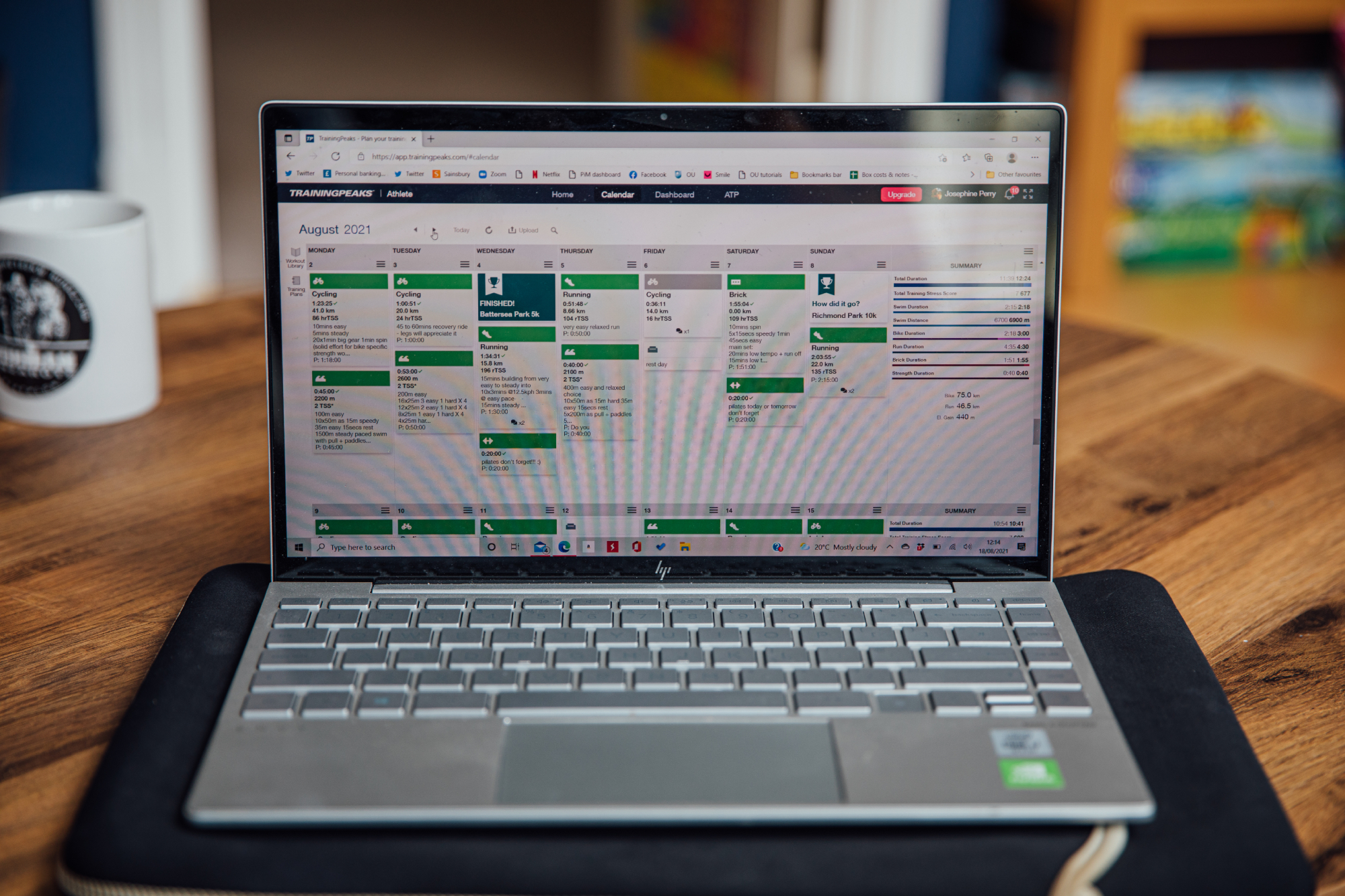
Having someone else plan your workouts provides the luxury of being able to ignore the big picture and focus on just completing workouts one day at a time. This also creates mental space to focus on fueling, optimizing clothing to avoid overheating and choosing routes that allow you to complete each workout with the fewest number of distractions and interruptions.
There’s a well-established trope of coaches motivating players by yelling and screaming at them, but a good coach should motivate you to do your best because you like and respect them, not because you’re afraid of what they’ll say if you miss a workout.
Often I’d be at home with a sick kid, or have something come up with work that meant I couldn’t do my workout as prescribed. Instead of telling me off, Brandon would reassure me that a missed day here or there wouldn’t make a difference in the long term, and adjust my other workouts to make up for it.
Like many of us at this stage in life, I don’t have that much time to train each week without it impacting my family, but I’ve learned that if I use the time efficiently, I can make significant improvement on the bike. The value of having a training plan tailored to me and the constraints of my schedule allowed me to enjoy the process without worrying about how I would make it all fit.
3. A holistic approach to the body keeps injuries at bay
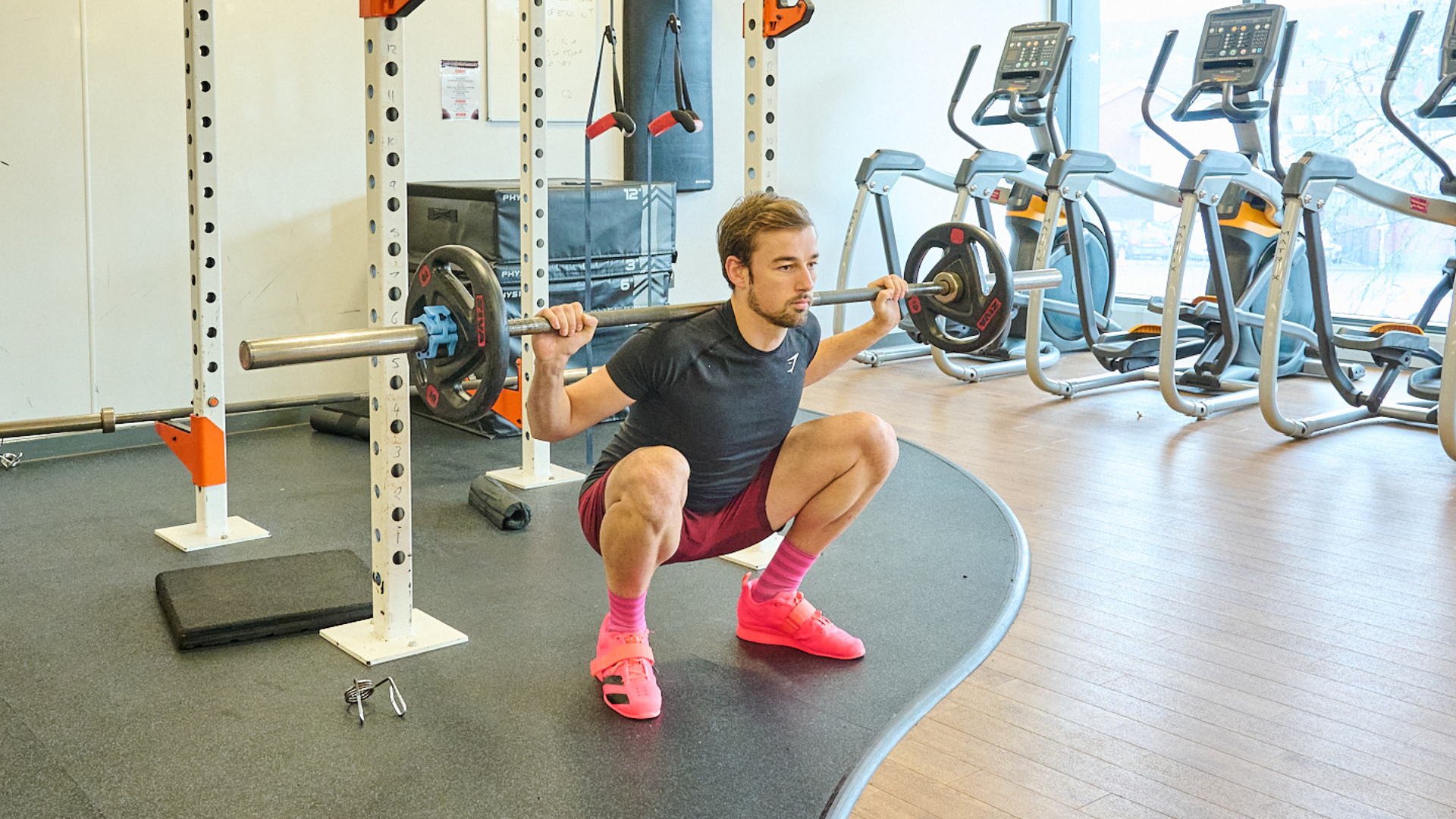
In addition to on-the-bike workouts, Brandon had me incorporate a series of strength and mobility exercises into my routine, often right before hard efforts to activate muscles. I didn’t always do every exercise, but the overall effect was to make me more efficient and stable on the bike with a stronger core. This translated to fewer injuries during the season and a body that could handle the rigors of cyclocross (and the crashes) without issue. ‘Cross can really put you through the ringer with hard running and riding and repeated remounts and dismounts, so this made a big difference.
Consistency was the key here: doing 60 pushups in a day doesn’t make you stronger—though it does make you very sore—but doing 60 push ups over the course of a week, 15 at a time, does.
Consistent strength and flexibility work is my primary goal for the next year now that I have a good foundation started.
Most cyclists would probably benefit from more strength training, even if it’s just body weight exercises for 20 minutes at a time, a few times a week. Consistent running was also part of my program. Running is of course a key part of cyclocross, but it’s also a good thing for your body to be able to do comfortably without having trouble walking for several days afterwards.
4. Training for a specific target necessitates a lot of solo riding
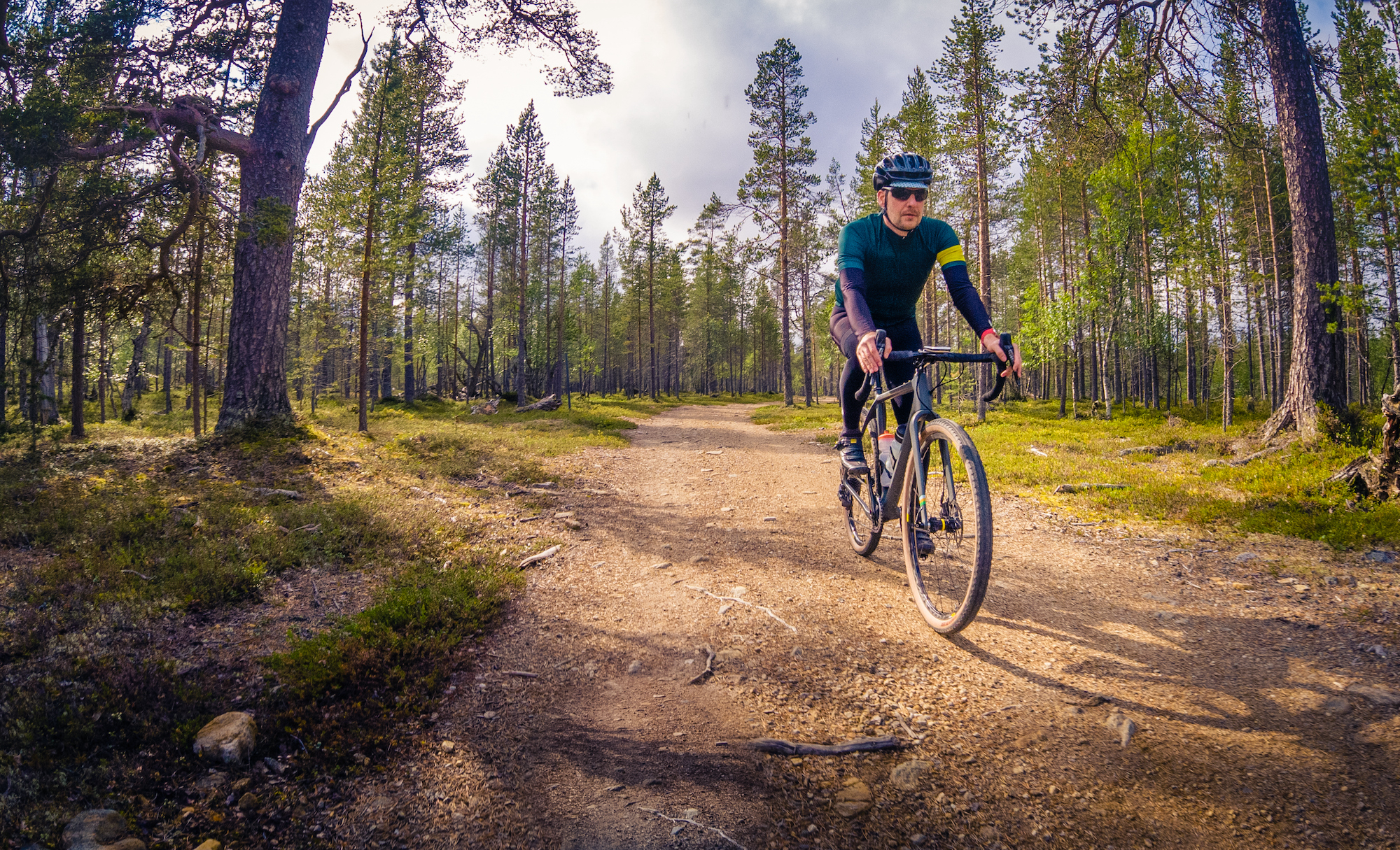
Since having children, most of my riding time has been solo. Most group rides are in the evenings after work or on weekend mornings, which are our primary times to do activities as a family. I’m used to it, and I like riding alone, but sticking to a training plan really made it imperative. Unless someone was willing to join me for a specific workout, say 2.5 hours in a particular heart rate range with steady pressure on the pedals (i.e. easy on the uphills, hard on the downhills), I was riding alone. I did ride with friends a few times, but it was usually on my recovery days so I had to sit up if they wanted to ride harder.
This experience might not be the same for every coached rider—coaches can always build in group rides into training plans—but it’s hard to get specific outcomes out of a ride where you’re not in control of the pace or route. Riding with friends and teammates is an important part of cycling, and for some people this might be a deal breaker.
For those that don’t mind it, however, solo riding has a lot of upsides. Without the benefit of a draft, you’re always putting in effort, and your body will adjust and get stronger. Long slow rides can be meditative and allow you to focus on being present in the moment and observing the world around you: wildlife in the woods, birdsong, the way the light is coming through the clouds, as well as how many people are texting while they’re driving.
On that subject, a few months after starting with Brandon I made the decision to purchase a Garmin Varia rear light and radar. With more hours on the road, the added safety benefit (whether actual or perceived) of knowing when cars were behind me was reassuring. I now ride with it at all times.
5. Putting in the physical work makes you mentally strong
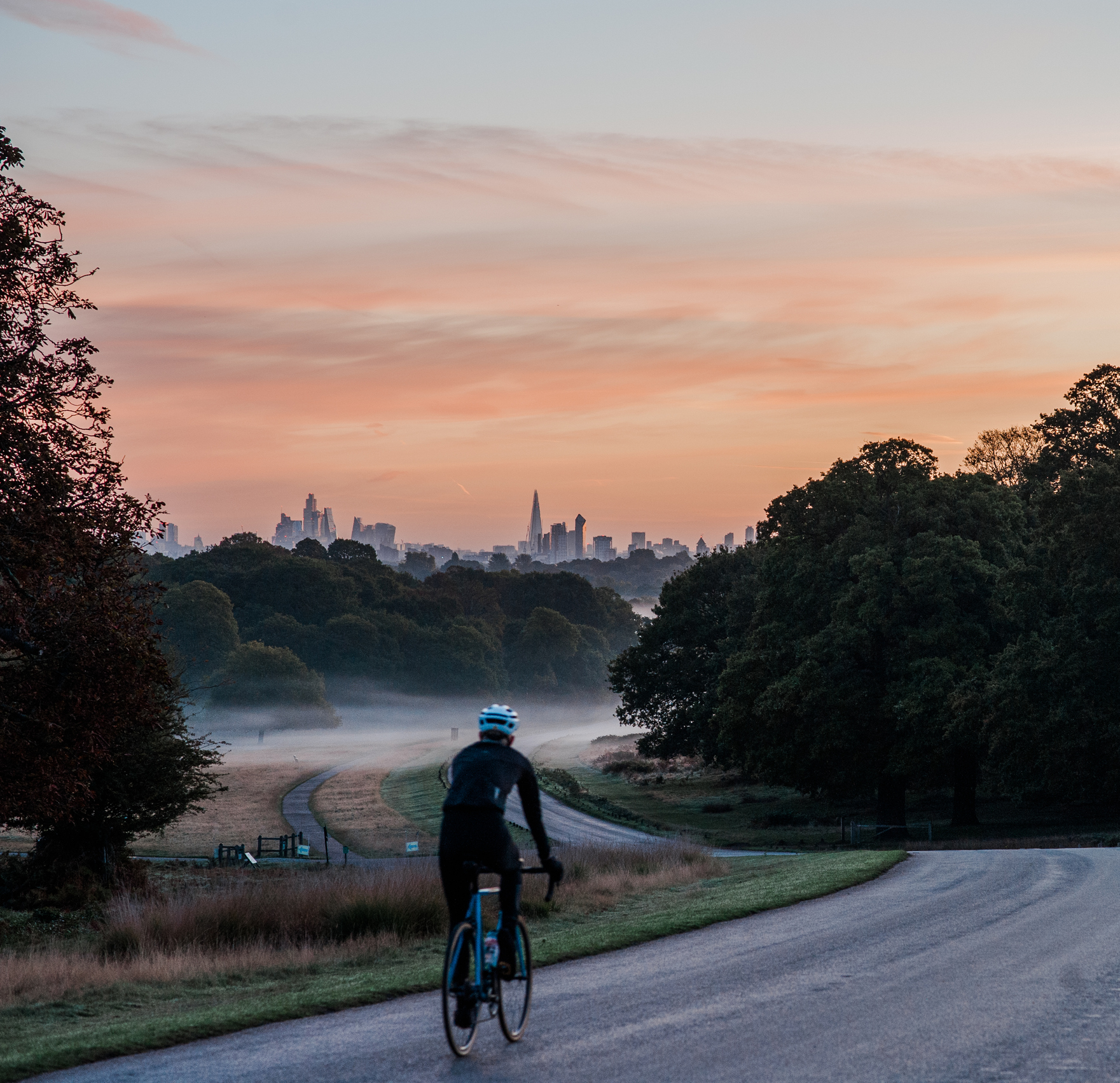
Confidence is critical to success in bike racing. I remember once several years ago sitting on the start line of a criterium with 50 other riders and thinking, “How on earth am I going to beat all of these people?” That particular race ended in me crashing out spectacularly on the finishing straight while sprinting for the win. Most of the time, though, coming into a race without confidence means you’re going to second guess yourself when the racing gets serious, or give yourself an out when things don’t go your way. Of course, overconfidence can be equally as damaging if you waste your energy needlessly and get beaten by more calculating racers.
Knowing that you belong, and expecting yourself to be at the front of the race puts you in good stead to actually be there making moves and setting you up for success.
For me, looking around on the start line and thinking “I was out there doing openers in the rain at 5:30 AM yesterday, and I’m willing to bet I was the only one” was a reassuring thought. It doesn’t matter what everyone else is doing if you know you prepared to the best of your abilities.
I also found additional motivation to keep on racing hard on days where I wasn’t feeling my best. Previously I might have gotten demoralized, but instead I thought about all the time and energy Brandon invested to get me there and it made me want to fight even if I was having an off day. I didn’t want to let him down or let any opportunities slip away.
In one of the last races of the season, I was feeling awful the whole race and struggled with being present mentally and focusing on the race. I didn’t like the course, which was flat and had a lot of low speed corners with few passing opportunities. Half way through I was dangling off the front group, and crashed hard trying to take the inside line on a rocky, off-camber corner. My bars were out of whack and I had a lot of blood on my leg, so it took me a while to get going again. I really wasn’t having a good time at this point, but decided, “OK, there’s still some time left, I’ll at least try to catch up to the lead group again” and tried to ride my way back to the front without panicking. Having a simple goal was motivational, and I was able to catch the group with a lap to go. On a winding double track section I somehow managed to go from fourth to first; I didn’t plan it or think about it, it just happened. I found myself on the front, and with some sharp elbows and aggressive cornering I was able to narrowly hold on to win.
It was ugly, and I was hurting, but I did it. I’d made a deal with myself to just keep hanging on even though I didn’t want to be there, and, in the end, it worked out. I don’t think I had that kind of grit before; it was the direct result of having put in all the time and effort to train and not wanting it to go to waste.
Conclusion
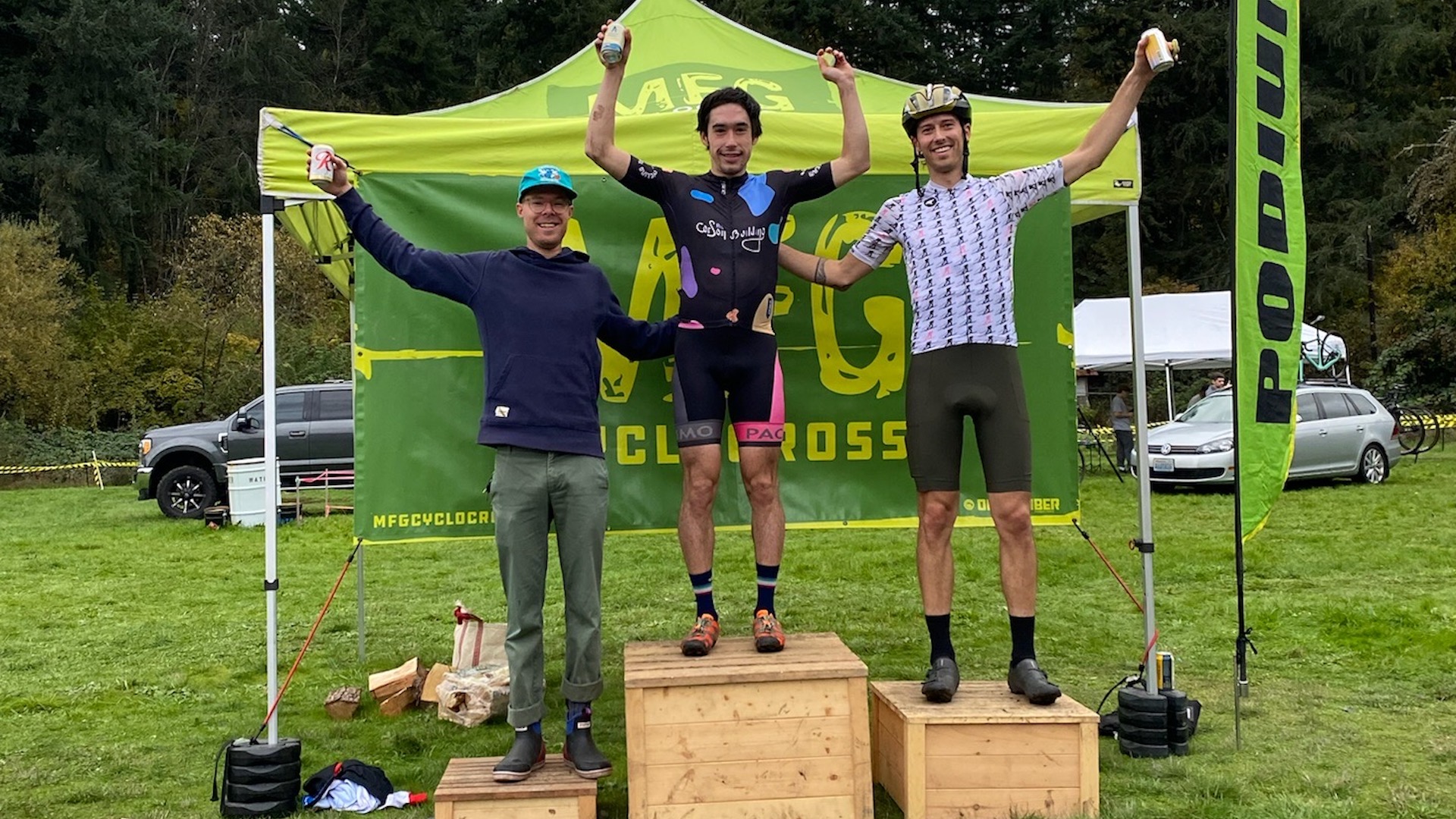
"In 11 years of racing ‘cross, it was far and away my most successful season, with multiple wins, podiums and an overall series title." Tyler Boucher, far left.
You certainly don’t need a coach to realize all these lessons, but I wouldn’t have learned them all on my own. Riding bicycles is a multifaceted pastime: whether you’re interested in performance, technology, technique or camaraderie, it’s all there. When you’ve been riding for a long time, it may feel like you’ve exhausted all the different avenues to explore, but there’s always something new. For me, accepting the time constraints I have and working within them has shown me how much room I have to improve further. It’s made me excited to get stronger and faster and take on new goals to see what else I can explore. The learning curve has been steep, but it’s also been extremely rewarding. I’m very satisfied with how my cyclocross season went, even with the various missteps along the way, and I’m starting the new year excited to ride my bike and appreciative of Brandon for his time and expertise that made it all possible.

Thank you for reading 20 articles this month* Join now for unlimited access
Enjoy your first month for just £1 / $1 / €1
*Read 5 free articles per month without a subscription

Join now for unlimited access
Try first month for just £1 / $1 / €1

Tyler Boucher is a former (and occasionally still) bike racer across several disciplines. These days, he spends most of his time in the saddle piloting his children around in a cargo bike. His writing has appeared in magazines published in Europe, the UK and North America. He lives in Seattle, Washington.
-
 'It took everything' - Puck Pieterse outclimbs Demi Vollering to win La Flèche Wallonne
'It took everything' - Puck Pieterse outclimbs Demi Vollering to win La Flèche WallonneDutch 22-year-old shows Classics pedigree with first one-day victory
By Tom Davidson
-
 Tadej Pogačar flies to dominant victory at La Flèche Wallonne
Tadej Pogačar flies to dominant victory at La Flèche WallonneSlovenian takes second win at Belgian classic ahead of Kévin Vauquelin and Tom Pidcock
By Tom Thewlis